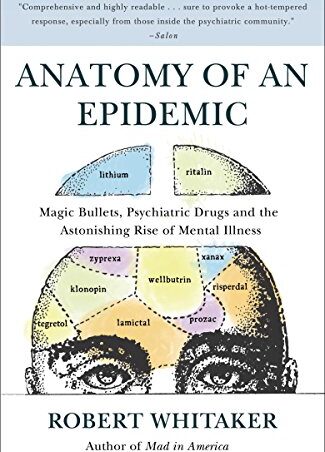Let’s keep the terms and actions straight
Members of the administrative staff at universities across the country recognize the undeniable fact that stress and anxiety are prominent side-products of the college experience. In response, offices designed to supervise student life introduce different strategies that attempt to alleviate this problem on college campuses. However, these strategies often confuse the crucial concepts. General wellness and mental health are not synonyms; and these two terms should not be used interchangeably.
There is no doubt that stress-busters are needed on college campuses on a daily basis, but it is clearly naïve to put activities such as study breaks with puppies, “get a free donut” events hosted in the libraries, or breathing technique workshops led by meditation experts under the umbrella of mental health initiatives. We must be able to understand the distinction between the temporary emotional struggles triggered by school-induced stress and the severe impairment in everyday functioning triggered by mental illness. Playing with a puppy can certainly bring a lot of joy and positive energy to a person who is simply worried about an incoming deadline or stressed about a final exam. However, playing with a puppy is not going to make any dramatic difference to a student suffering from panic disorder who becomes uncontrollably anxious in certain settings, a student with bipolar disorder who is going through full-blown manic episode, or a student diagnosed with major depression who is incapable of experiencing any pleasure and expresses suicidal ideation.
Promoting healthy living on campus through wellness programs is valuable and necessary but it is insufficient for students with more severe mental health problems and cannot replace the professional support provided by a psychiatrist or a clinical psychologist.
Not only does college age coincide with the age of onset of multiple psychiatric illnesses, but the risk of developing these mental disorders is also elevated by chronic stress, which is undoubtedly prevalent among students. Apart from the academic pressure itself, there are additional factors that might potentially contribute to emotional instability. Entering college is linked with overwhelming experience of homesickness and omnipresent novelty. Students must quickly adapt to new circumstances in many contexts – new neighborhoods, new teachers, new friends and relationships. Mental hygiene is crucial for the students since for those who are already susceptible, the high stress environment can push them over the edge. Yet, just as washing your hands won’t miraculously eliminate an already spread bacterial infection, wellness action plan won’t treat an already developed mental illness. Strategies focusing exclusively on stress management play a certain role in prevention of mental health problems but fail to address the more specific needs of students with psychiatric diagnoses.
It seems that the members of college administration have a very shallow understanding of mental illness and do not reflect on how severely it affects academic performance and daily functioning in social settings. Unwilling or simply incompetent to directly address the needs of mentally ill students, universities do not take any drastic actions but focus on creating an illusion of their efforts and preoccupation. Prone to sweep the real mental health issues under the rug, they come up with solutions that infantilize the underlying serious problems. Frustrated students decide to take action on their own and attempt to change the culture with peer support groups, peer listening services and town hall meetings that discuss strategies related to mental health. Yet, the top-down initiatives are still missing.
When young people die on campus from suicide and drug overdose, we must raise awareness about mental disorders and sponsor suicide prevention training. When students complain about being stuck on waiting lists to the psychological services for weeks or being unable to get help from the unapproachable staff, we must prioritize professional care provided by mental health specialists over casual student-run initiatives. When college kids are ashamed of disclosing their psychiatric diagnoses, we must build support communities to fight the stigma. The university administration has to listen to the needs of the student population struggling with psychiatric illnesses and react in a proper and thoughtful way. Let’s stop confusing the mental health buzzwords and focus on the solutions that will make an actual difference for those who suffer the most.



